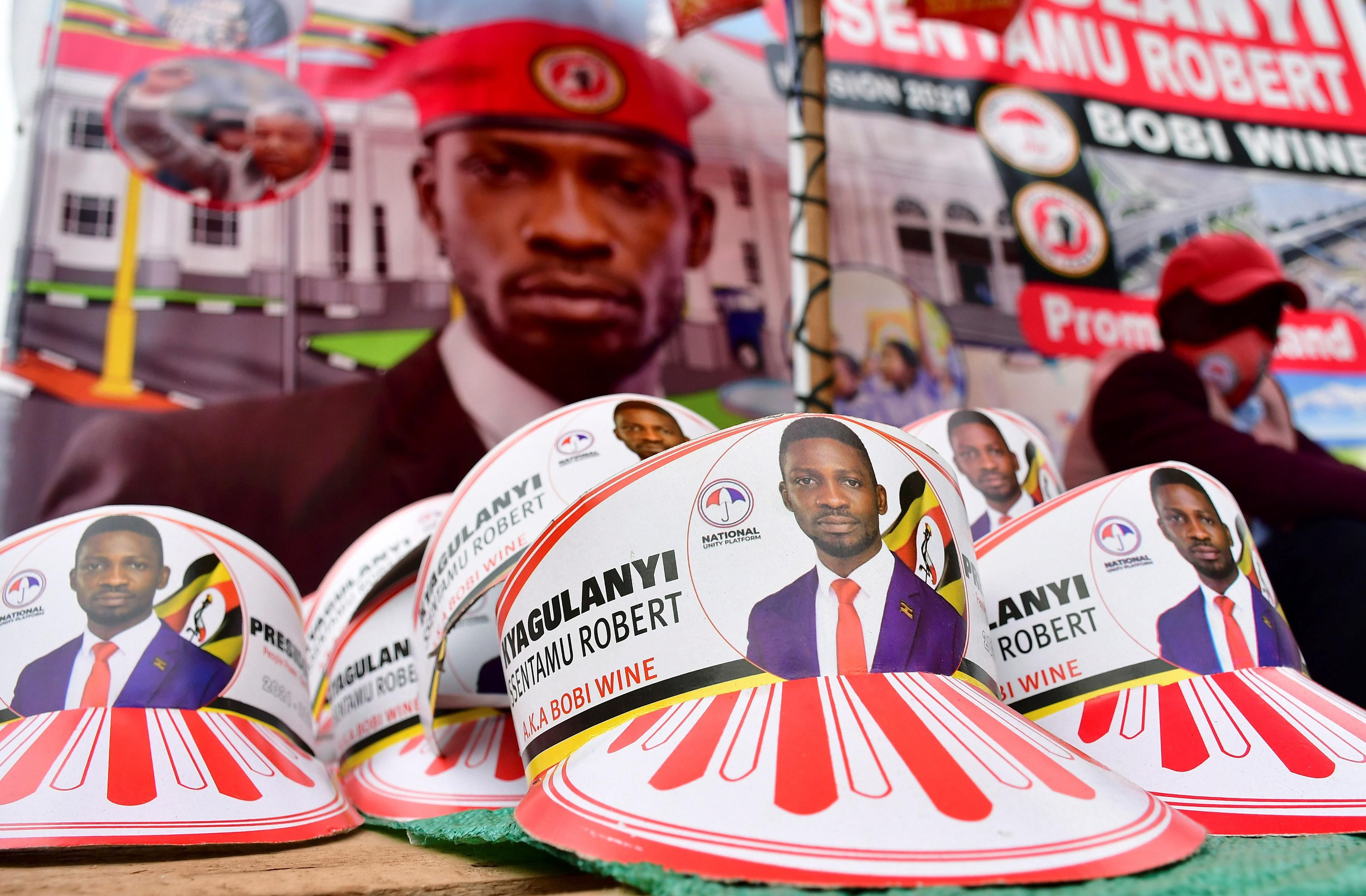January 13, 2021
Is it Wine o'clock in Uganda yet? Ugandans go to the polls on Thursday in a presidential election pitting current leader Yoweri Museveni, in power since 1986, against opposition chief Bobi Wine, a former pop star turned politician. The campaign period has been, in Wine's words, "a war and a battlefield" — authorities have arrested and assaulted him and shot at protesters who support him. The vote will occur amid a social media blackout that the government imposed after Facebook removed the accounts of some pro-Museveni activists, and the integrity of the vote has already been questioned by the EU and US. Museveni, one of Africa's longest serving leaders, is popular in the countryside, where he is lauded for having brought stability, growth, and subsidies. Wine is more popular among young and predominantly urban Ugandans who want change — Museveni has held power since before 80 percent of Ugandans were even born. Tensions are extremely high ahead of the vote, and the possibility of post-election violence is real.
Indian farming law on hold: After six weeks of mass protests against the government, India's top court has temporarily suspended the implementation of three controversial agricultural laws that farmers say pose a threat to their livelihoods. It's a temporary reprieve for Indian farmers, who worry that allowing them to sell their crops more freely — instead of at fixed prices to government buyers — puts them at the mercy of big corporations that can drive down prices and put them out of business. The suspension is also good news for the government, which was starting to suffer a serious popular backlash against the reform in a country where the agriculture sector employs a whopping 600 million people and accounts for 16 percent of GDP. Prime Minister Narendra Modi, normally impervious to the political fallout of pushing controversial policies, this time met stiff resistance from farmers, who occupied highways on the outskirts of the capital and refused to budge in their demands to annul the laws. Moving forward, it's unclear if the pause will do more than briefly calm tensions if both sides remain entrenched in their positions.
More For You
- YouTube
Ian Bremmer breaks down a sudden and serious transatlantic crisis: President Trump’s insistence that the United States must have sovereignty over Greenland.
Most Popular
Tractors drive on the N-403 towards Zafra during a rally on 16 January 2026 in Badajoz, Extremadura (Spain).
Photo by Javier Cintas/Europa Press/ABACAPRESS.COM
The US is criticizing a new EU trade deal with South America’s Mercosur bloc, saying it unfairly favors European farmers at the expense of American importers.
Think you know what's going on around the world? Here's your chance to prove it.
At this year's World Economic Forum in Davos, Switzerland, our Global Stage panel discussion will examine the growing infrastructure around AI, how countries are tackling AI adoption, and the ways in which local and supranational industries might benefit from this rapidly accelerating technology. Watch the live premiere on Wednesday, January 21st at 12PM ET/6 PM CEST at gzeromedia.com/globalstage
© 2025 GZERO Media. All Rights Reserved | A Eurasia Group media company.
